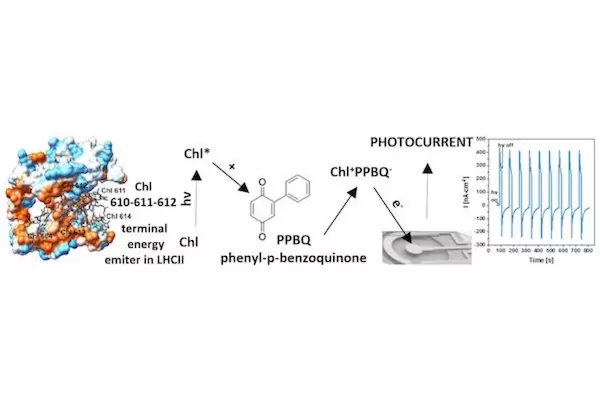
An interdisciplinary team of scientists from the Faculty of Biology, the Faculty of Chemistry and the Center for Biological and Chemical Sciences at the University of Warsaw (UW) under the supervision of Prof. Maciej Garstka from the Faculty of Biology, University of Warsaw, has developed a new type of biological photovoltaic system.
The widespread use of solar energy to produce electricity is possible thanks to the use of silicon-based or perovskite-based solar cells. In addition, work is underway to create cells that mimic natural photosynthesis, which will enable the creation of next-generation super-efficient photovoltaic systems in the future.
One of the directions that fit into the so-called research on artificial photosynthesis, there are works on photoactive biohybrid systems that combine naturally occurring protein-pigment complexes with materials with conductive properties.
Research conducted under the supervision of Prof. Garstka allowed to construct “a photovoltaic system composed of aerial photosynthetic complexes (LHCII), an electrode of conductive graphite and a small molecule quinone derivative involved in the energy and electron transfer between the LHCII and the electrode”.









